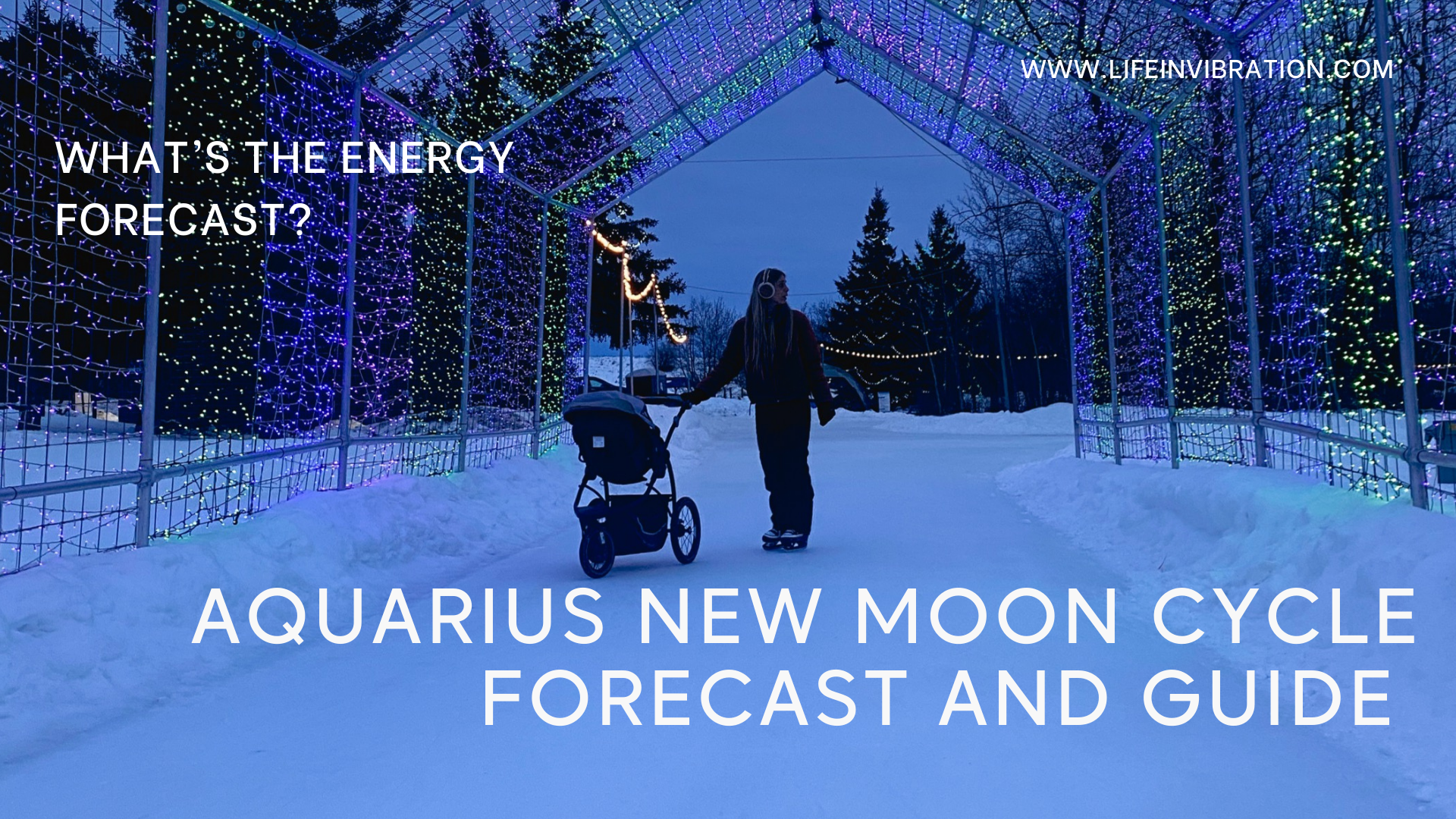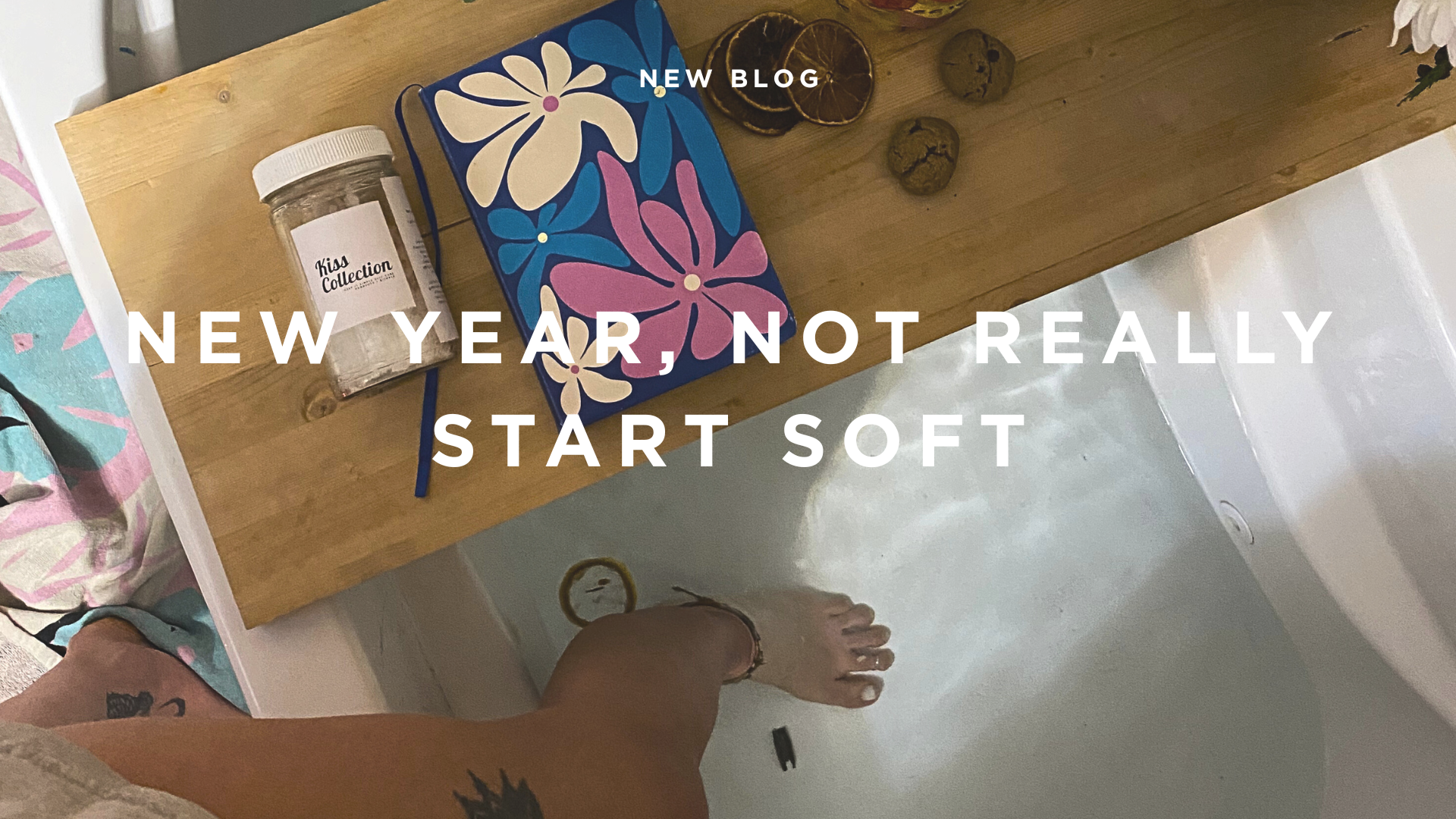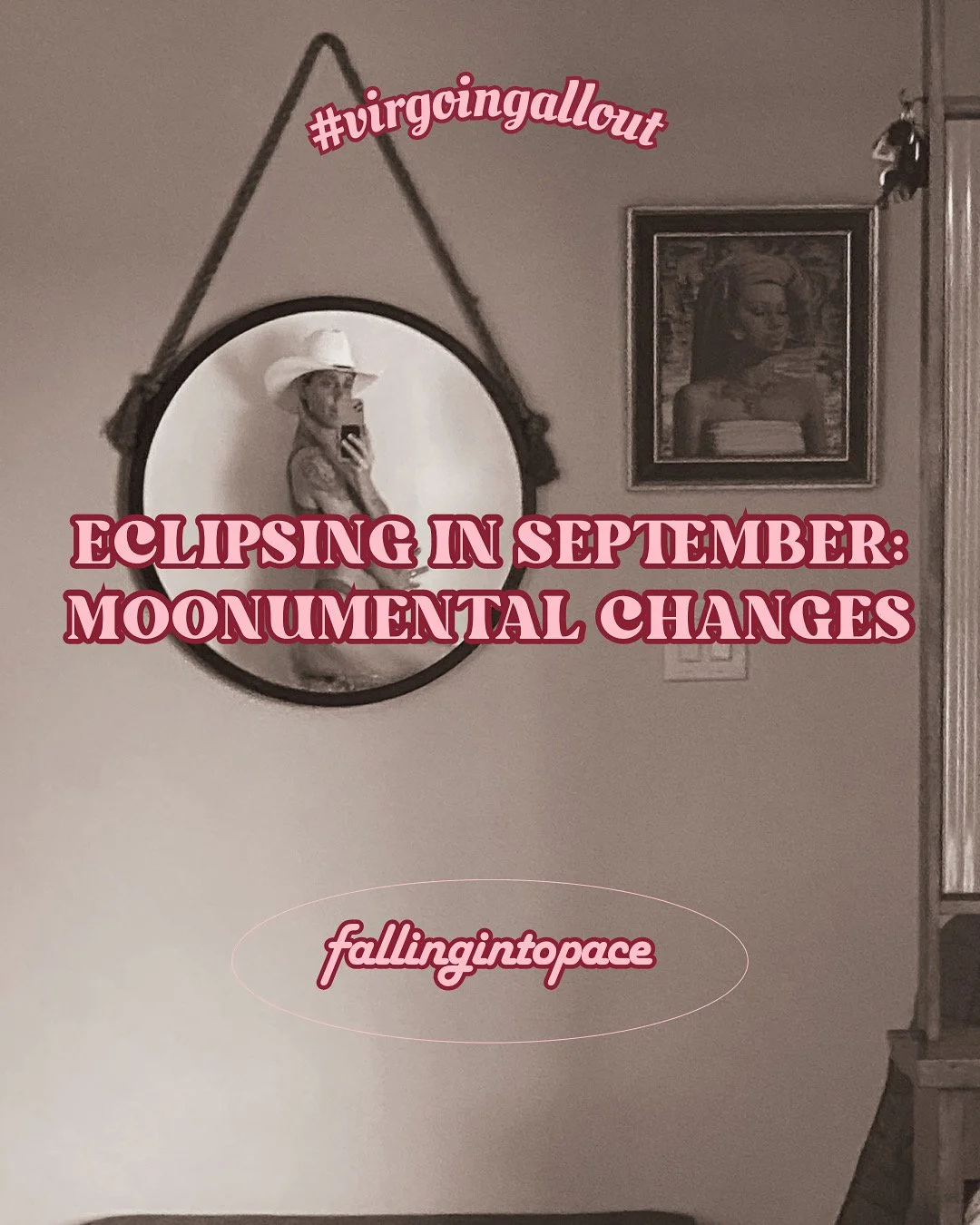Wintering: Embracing a Balanced State of Being
As humans, we're often encouraged to push ourselves to the limit, to burnout, to hustle, to grind, and to constantly strive for more. We're often celebrated and validated for our ability to survive in these modes of survival. But how sustainable is this approach, really? And what's the impact on our cells, our planet, and our well-being?
In this post, we'll explore the concept of Wintering, a natural and conscious way of living that invites us to slow down, rest, and recharge. We'll delve into the science behind Wintering, its impact on our cells, and how embracing this practice can lead to a more balanced state of being.
The Science of Wintering
Wintering is just a fancy term for regulating our nervous system and learning how to shift into the parasympathetic nervous system (PNS). The PNS, located on the right side of the brain and left side of the body, is responsible for promoting relaxation, reducing stress, and conserving energy.
On the other hand, our sympathetic nervous system (SNS), located on the left side of the brain and right side of the body, is responsible for activating our fight-or-flight response. When we're in a state of constant stress and anxiety, our SNS is activated, leading to a state of hyperarousal.
By embracing Wintering, we can learn to balance our electric and magnetic principles, promoting a state of coherence and harmony within our cells. This, in turn, can lead to improved spiritual, emotional, physical, and mental health, increased resilience, and a deeper sense of inner peace.
To achieve this balance, we need to regulate our nervous system, connecting and communicating with our central nervous system (CNS), which runs along our spine. This requires a harmonious relationship between our PNS and SNS.
The Impact on Our Cells
So, what happens to our cells when we neglect this natural process? Chronic stress, anxiety, and negativity can lead to:
- Epigenetic changes that alter the expression of our genes
- Inflammation and oxidative stress that damage our cells
- Telomere shortening that accelerates cellular aging
A Lesson from Nature
Imagine a river with no flow, no movement. The water becomes stagnant, filled with debris, algae, and decay. This is what happens to our cells, our minds, and our spirits when we don't challenge ourselves to grow.
I remember spending days on end in the fields and small towns of Saskatchewan in my early 20's, roaming the countryside and speaking with nature. I would cross the same bridge every couple of days, noting the water, watching for turtles or beavers, any sign of life to speak with, to make sense of what level I was in, and to help me through my healings.
The signs and symptoms I was learning to study and make sense of were like visions and parallels to nature and my own life experiences, helping to bridge the gap to make sense of my cells and human behavior.
When the river wasn't flowing, there was a buildup of debris, algae, logs, leaves, and branches. The color was murky, and the smell was strong. But when the river flowed, it felt fresh, crisp, smooth, clear, and the water flowed with grace and ease, along with rocks and riverbend. It was a beautiful representation of our own nature.
Embracing a Balanced State of Being
So, how can we start to embody this natural way of living? How can we start to slow down, rest, and recharge without becoming stagnant?
Here are a few tips:
- Get in your broader picture, what is your role, what contracts have you come here to learn? What lessons?
- Prioritize self-care, self-reflection, and inner growth through moment-to-moment self-connection
- Take breaks and rest when you need to; don’t ignore every sign and symptom. Listen to the versions of you guiding you to take a break, stop, do things differently, and mentally wrestle your higher self over the matter, wanting you to stay in old habits out of comfort!
- Challenge yourself to try new things, or do the same things but differently, and step out of your comfort zone
- Practice mindfulness and presence — a mind full of what is happening and why? What has been pre-sent to this moment, who was all involved?
- Cultivate gratitude and compassion — an attitude of this is happening for me! What ideas, thoughts, feelings, and actions created this ___________!?
For those who have gotten far from what's natural, embracing balance may seem like a radical shift. That in itself is vital feedback from your systems! Don’t be discouraged or overwhelmed; it’s better to know, even if it’s finding out we’ve taken our systems for quite the rollercoaster ride. But trust me, it's worth it in the long run! By embracing this natural way of living, we can:
-Redefine aging, energy, health, wealth, life, relationships, our own potential
- Reconnect with our inner most authentic selves
- Cultivate a deeper sense of inner peace and resilience with keen awareness less easy to get caught off guard or thrown off track!
- Improve our spiritual, mental, emotional and physical health
-Prevent injury, illness, accident, trauma, repetition of past events
- Live a more healthy, enjoyable, authentic and meaningful life
Conclusion
‘Wintering’, or nervous system regulation, are terms that invite us to slow down, rest, and recharge. By embracing this balanced and natural way of living, we can cultivate a deeper sense of inner peace, clarity, and resilience.
Join me on this journey into the fascinating world of your subconscious,
S
#Wintering #NervousSystemRegulation #BalancedStateOfBeing #NaturalLiving #SelfCare #Mindfulness #InnerPeace #Resilience #Consciousness #Spirituality #Wellness #MentalHealthMatters #WinterOfWellness































